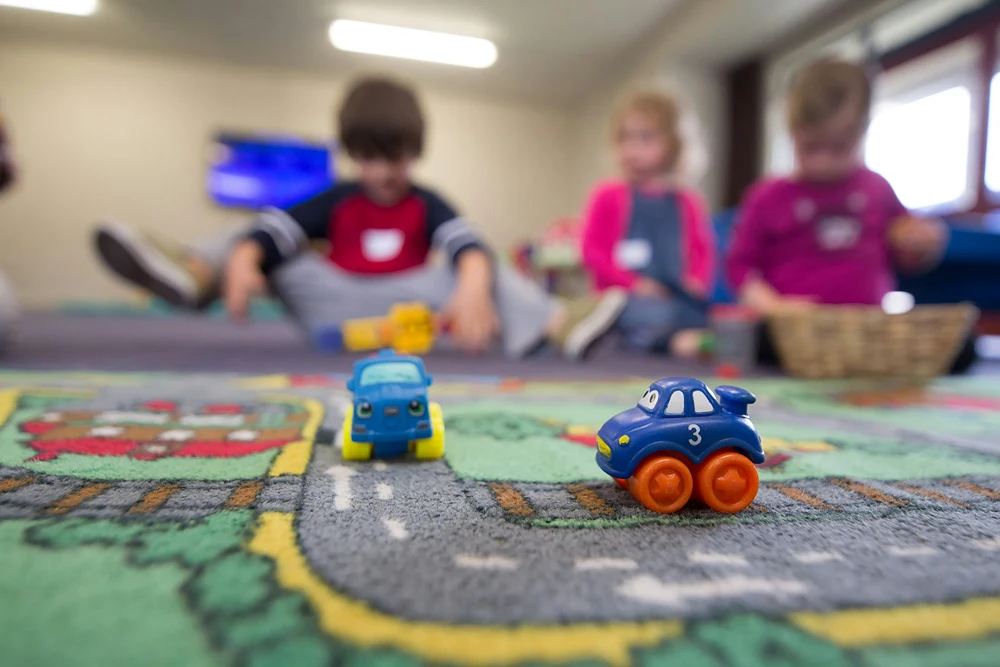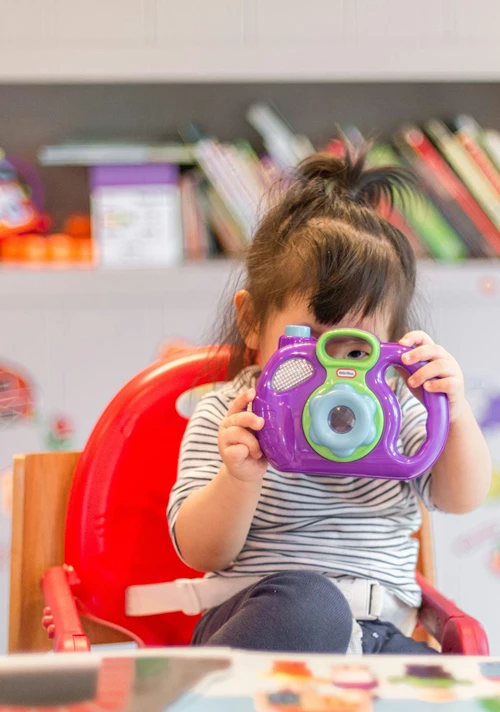Running a Childcare Center Just Got Easier: The Simple Shift Every Director Needs to Know
If you’re running a childcare center, you already know the truth: it’s not just about caring for children. It’s also about juggling schedules, managing staff, keeping parents informed, ensuring compliance, handling billing, and somehow still having the energy to deliver enriching programs for the little ones.
For many directors, this daily balancing act feels overwhelming. Too much time is spent buried in paperwork, chasing emails, or trying to keep track of records scattered across spreadsheets. The irony? While your passion lies in nurturing children and supporting families, you often find yourself consumed by administration instead.
But here’s the good news: there’s a simple shift that can change everything. One that frees up your time, streamlines your workflows, and allows you to focus on what truly matters—your children, families, and educators. That shift is embracing childcare management software.
In this article, we’ll explore why this tool has become indispensable for modern childcare centers, how it simplifies operations, and the transformational difference it can make for directors like you.
Why Running a Childcare Center Feels Harder Than Ever
Before we dive into solutions, let’s acknowledge the reality. Childcare centers today face more challenges than ever:
Increased Administrative Burden
Licensing, compliance, and safety protocols mean directors spend hours on documentation.
Parent Expectations
Families want real-time updates on their child’s day, clear billing, and seamless communication.
Staff Management
Recruiting, scheduling, and retaining staff in a competitive industry is no small feat.
Financial Pressures
Rising costs, tight budgets, and the need for transparency make financial management critical.
Put simply, directors wear too many hats. The role demands operational excellence, financial oversight, people management, and, of course, leadership in early education. Without the right tools, burnout becomes almost inevitable.
The Simple Shift: From Chaos to Clarity
What if running your childcare center didn’t feel like firefighting every day? What if the paperwork, scheduling, and parent communication could be simplified into one streamlined system?
That’s the shift directors are making by adopting childcare management software. Instead of relying on paper sign-in sheets, endless spreadsheets, or scattered apps, they’re turning to one powerful platform that integrates everything.
This isn’t about adding another tool to your plate. It’s about replacing the chaos with clarity. It’s about regaining time, reducing stress, and focusing your energy where it has the greatest impact: on children’s learning and family relationships.

What Exactly Is Childcare Management Software?
At its core, childcare management software is an all-in-one digital platform built specifically for early learning services. Think of it as your administrative command center.
The right system brings together:
Enrollment Management
Instead of relying on endless paper forms, phone calls, and spreadsheets, this software streamlines every step of the process. From tracking inquiries and managing waitlists to automating application approvals and ensuring compliance, it streamlines enrollment, making it simple and stress-free. Parents benefit from an easy, transparent experience, while administrators save hours each week.
By centralizing enrollment management, childcare management software helps centers maximize capacity, reduce errors, and create the smooth first impression families expect when choosing quality early learning care.
Attendance Tracking
Gone are the days of paper sign-in sheets and manual headcounts. With digital tools, staff can log arrivals and departures in real time, parents can sign children in securely from their phones or kiosks, and administrators gain instant visibility into who’s present at any moment. This not only strengthens child safety but also ensures accurate records for compliance and billing.
By simplifying attendance tracking, childcare management software frees educators to focus less on paperwork—and more on nurturing children’s learning and growth.
Parent Communication
Strong parent communication is the foundation of every successful childcare center, and childcare management software makes it seamless. Instead of juggling phone calls, emails, and paper notes, directors and teachers can share updates, photos, and reminders instantly through one secure platform.
Parents gain peace of mind with real-time visibility into their child’s day—whether it’s meals, nap times, or milestones—while staff save hours of administrative effort. This streamlined communication not only builds trust but also strengthens family engagement, ensuring parents feel connected and valued. With childcare management software, every message is clear, timely, and delivered with ease.
Billing and Payments
Managing tuition, fees, and payment schedules can quickly become overwhelming for childcare centers—but childcare management software makes it a simple process. Instead of chasing late payments or sorting through piles of invoices, directors can automate billing, send digital reminders, and offer families flexible payment options. Parents appreciate the convenience of online payments, while administrators gain accuracy, transparency, and more predictable cash flow.
The system also generates detailed financial reports, enabling directors to make more informed business decisions. By streamlining billing and payments, childcare management software saves time, reduces errors, and creates a smoother financial experience for both families and centers alike.
Staff Scheduling and Management
Roster creation, leave tracking, and payroll integration.
Compliance and Reporting
Simplified documentation that keeps you audit-ready.
In other words, it handles the repetitive, time-consuming tasks that keep you away from what matters most.
The Ripple Effect: From Center to Community
Adopting childcare management software doesn’t just make life easier for directors. It elevates the entire service:
Children benefit from educators who are less stressed and more present.
Staff benefit from clear scheduling, streamlined tasks, and better communication.
Parents benefit from transparency and peace of mind.
The ripple effect is a stronger community around your center, built on trust and connection.
The Future of Childcare Management
Technology will continue to shape early education. AI-driven analytics, predictive enrollment trends, and smarter parent engagement tools are already emerging. But one thing won’t change: the need for human connection.
Childcare management software isn’t about replacing people—it’s about freeing them. Freeing directors from paperwork, freeing teachers to teach, and freeing families to focus on what really matters: their children’s development.
Final Thoughts: The Shift That Changes Everything
Running a childcare center will never be simple—but it doesn’t have to feel overwhelming. By making the simple shift to childcare management software, directors can finally breathe easier. They gain clarity, efficiency, and time—the most valuable resource of all.
This isn’t just a tool. It’s a transformation. One that takes you from chaos to confidence, from endless admin to meaningful engagement, from burnout to balance.
So, if you’ve been waiting for the right moment to make life easier, this is it. The future of childcare is not in more paperwork or more apps. It’s in smarter systems designed for the unique needs of early learning services.










